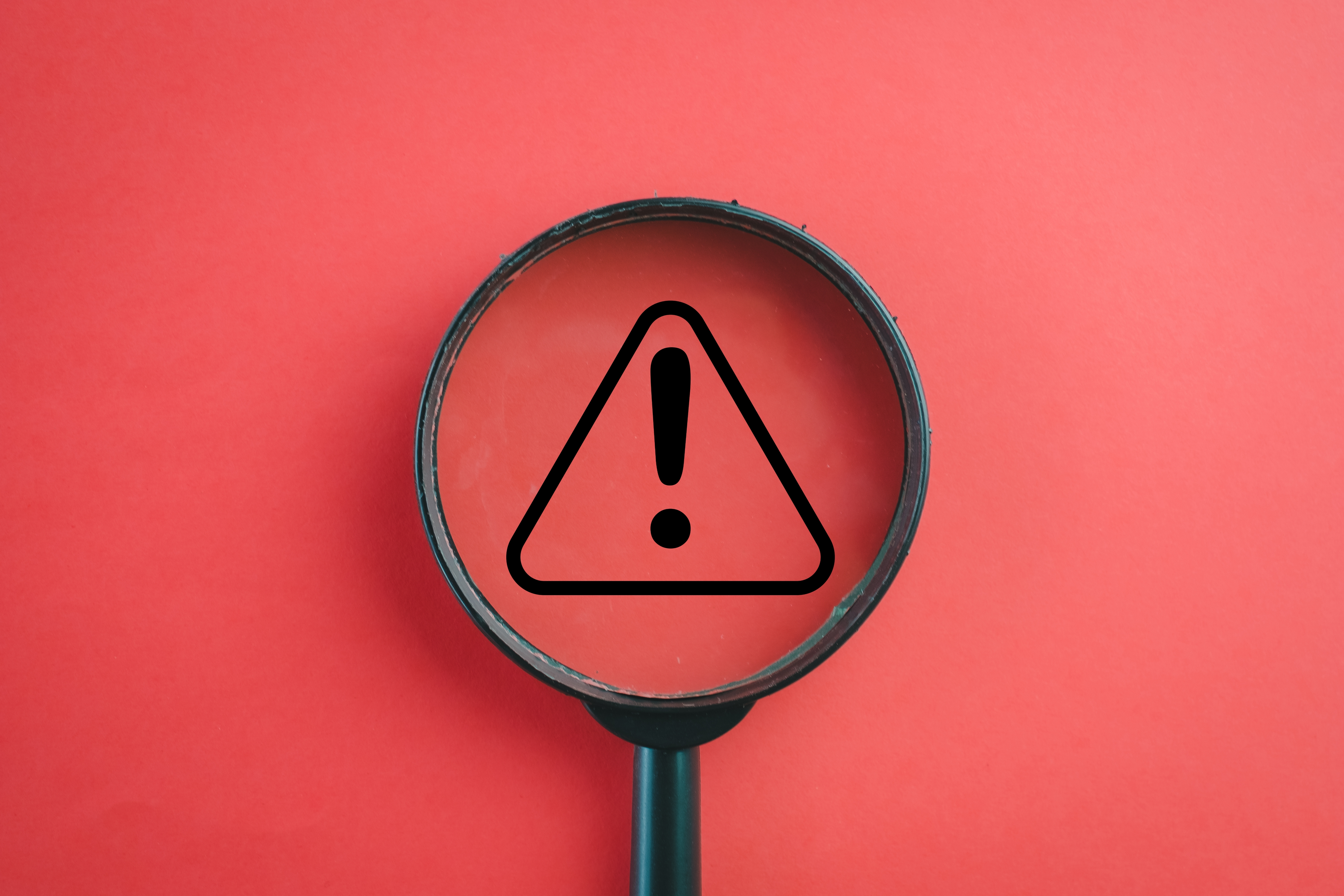
While they both play important roles when an individual is writing their Will and putting their estate in order, trustees and executors have very different roles, each with different responsibilities.
An individual can share both roles and responsibilities, which is why it’s important you understand both roles and what the differences are, as you may prefer to appoint different people to the different roles.
The role of an executor
The primary responsibility of an executor is to manage and distribute the contents of your estate once you have passed away.
As part of that role, they are legally required to carry out your wishes stated in your Will and ensure each beneficiary receives their entitlements from your estate. The executor’s role begins by analysing your estate and finding your Will.
They must find your Will and initiate the probate process with a solicitor to ensure the Will is authentic.
Your executors will manage your estate and take control of your assets, including bank accounts. They have a responsibility to pay all outstanding debts before they can distribute the assets to your beneficiaries.
The role of a trustee
A trustee’s responsibilities are different as they are in charge of conditional gifts. This could be cash sums or property that is placed into a trust.
Your trustee will look after these assets and distribute them to your beneficiaries when the time comes to do so. This is their sole responsibility, as executors will take charge of distributing the rest of your estate.
Gifts with conditions are a good way to protect certain assets. Gifts with conditions generally apply to children under the age of 18 and the trustees will distribute their entitlement upon them reaching the age stated in your Will.
What are the differences between trustees and executors?
As noted above, both have differing responsibilities when it comes to distributing assets, with executors in charge of your whole estate, while trustees will manage conditional gifts.
The duration and accountability factors of a trustee and an executor are also different. A trustee has a long-term responsibility to a particular asset, which they must distribute to a beneficiary when the time comes.
Whereas executors have a temporary role in which they address outstanding issues, such as debts, and then initiate probate, where beneficiaries receive their inheritance from your estate.
Both roles are accountable to beneficiaries, but trustees will only be accountable to the beneficiaries of the trust they are looking after. Executors have the trickier role in which they are accountable to all beneficiaries within your estate.
The importance of choosing the right person for each role
Being an executor or trustee isn’t always the easiest responsibility for a person to take, which is why you need to choose not only someone you trust to carry out your wishes, but you also need to pick family, friends or legal professionals who can handle the pressure.
There is a lot of responsibility tied to both roles and you can choose the same person for both roles. Our team can help you organise your estate and discuss your plans for appointing executors and trustees if you have a trust in place.
For all estate planning queries, contact us to see how we can help.





